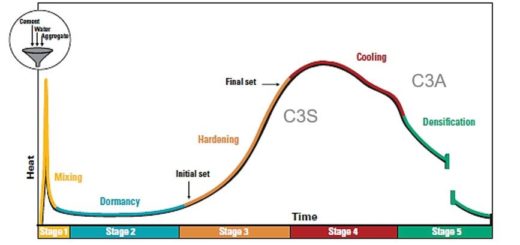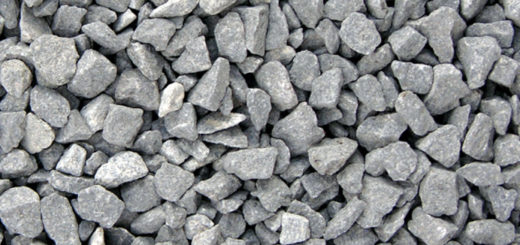Elastic Modulus of Concrete | Do you Know
by Prasad ·
Concrete is one of the most widely used construction materials in the world due to its remarkable properties such as strength, durability, and versatility. In this article, we are discussing the elastic modulus of concrete, exploring its definition, factors affecting it, testing methods, and significance in structural design.
The elastic modulus is also known as the modulus of elasticity or Young’s modulus. It refers to the measure of a material’s stiffness or ability to deform elastically when subjected to stress.
The elastic modulus signifies the material’s ability to withstand deformation under applied loads and return to its original shape once the load is removed.
What is Elastic Modulus
The elastic modulus of concrete represents the ratio of stress to strain within the material under linear elastic deformation.
E = ε / σ
It provides insights into how concrete behaves under different loading conditions and is a critical parameter in structural design and analysis.
Elastic modulus can be used to predict the deformations and stresses that concrete elements will experience during service.
Factors Affecting Elastic Modulus
The elastic modulus of concrete is influenced by various factors discussed below and it plays vital role in determining the material’s stiffness and ability to resist deformation under load.
1. Composition of Concrete
The composition of concrete is the types and proportions of aggregates, cement, water, and admixtures and they are greatly affecting its elastic modulus of concrete.
Aggregates with different shapes, sizes, and gradations can impact the overall packing density and interfacial bond strength within the concrete matrix.
In addition, the type and dosage of cementitious materials (such as Portland cement, fly ash, or slag) can alter the hydration kinetics and microstructure development, thereby influencing the elastic modulus.
2. Moisture Content
The moisture content of concrete at the time of testing can significantly affect its elastic modulus.
Water acts as a plasticizer, reducing the internal friction between particles and enhancing the deformability of the material.
Conversely, low moisture content can lead to shrinkage and increase the material’s stiffness. Therefore, controlling the curing environment and moisture conditions during concrete placement and early-age hydration is crucial for achieving desired elastic properties.
3. Temperature
Temperature variations can induce thermal stresses in concrete manner that affecting its elastic modulus.
With the temperature increases, the thermal expansion of concrete leads to a decrease in stiffness, while lower temperatures can result in increased modulus due to thermal contraction.
4. Age of Concrete
The age of concrete influences its elastic modulus of concrete, with properties evolving over time due to ongoing hydration and material aging processes.
Freshly concrete typically has lower stiffness due to incomplete hydration and higher water content, while matured concrete develops higher strength and stiffness as hydration progresses and pore structure densifies.
Testing Methods for Elastic Modulus
Several methods are available for measuring the elastic modulus of concrete.
1. Direct Tensile Testing
Direct tensile testing involves subjecting concrete specimens to axial tension until failure occurs. This method directly measures the modulus of elasticity by analyzing the linear portion of the stress-strain curve.
Direct tensile testing is challenging as it is required special arrangement to apply the tensile force on the sample.
2. Indirect Methods
Indirect methods, such as ultrasonic pulse velocity (UPV) testing, which is a non-destructive, can be used to find the elastic modulus of concrete.
UPV testing relies on the propagation speed of ultrasonic waves through the material, which correlates with its stiffness and density.
Use of the nondestructive method may require calibration against direct tensile test results for accuracy.
In conclusion, the elastic modulus is a fundamental property that influences its behavior and performance in construction. Knowing the factors affecting modulus and employing appropriate testing methods engineers can ensure the structural integrity and longevity of concrete structures.



